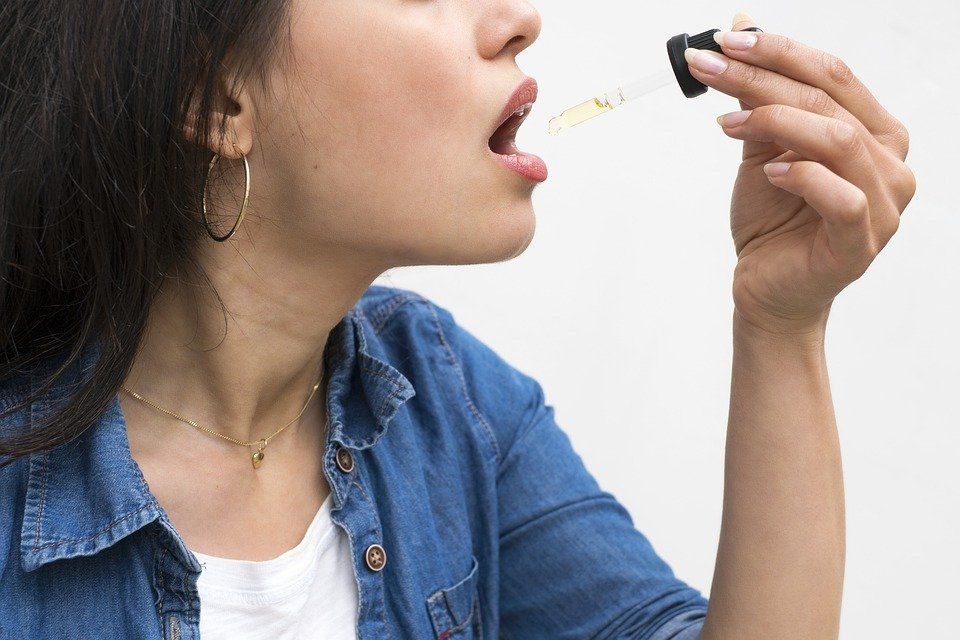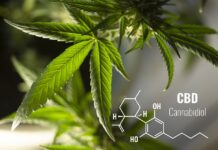The use of cannabidiol (CBD) has grown exponentially over the last decade due to its growing list of potential health benefits and rising number of oils, supplements and powders on the health and wellbeing market.
A chemical compound found in the cannabis plant, CBD does not have any psychoactive side effects like its cousin tetrahydrocannabinol (THV). And while this means it could be used to treat a number of health issues, its association with cannabis altogether has seen it placed in a legal grey area around the world.
But as more and more research points out the benefits of CBD, an increasing amount of countries are beginning to recognise it as its own substance. While most countries will allow you to purchase and use CBD products, it is important to understand that some still have strict restrictions on its usage.
To better understand the laws and regulations around CBD, we’ve put together the following guide to explain where you can and can’t use it around the world.
Laws and Regulations in USA
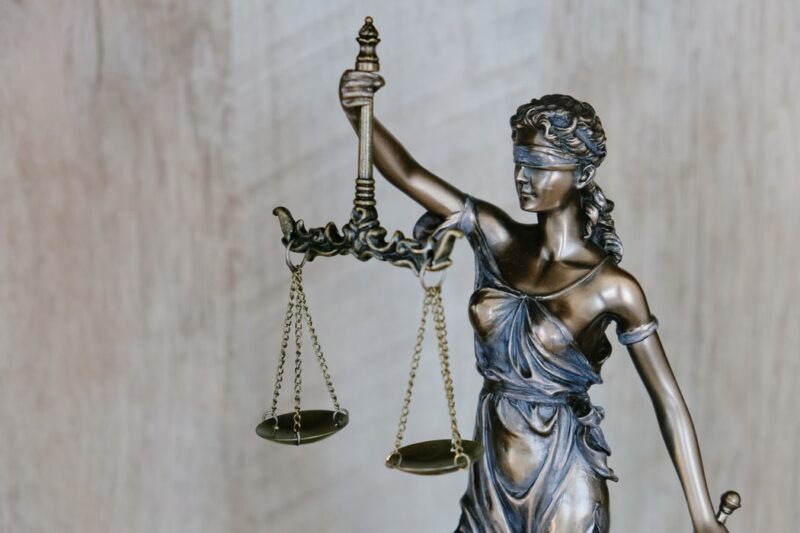
In America, federal law states that hemp-produced CBD containing less than 0.3% THC can be used for cultivation, transportation and sale. This change came into effect in 2018 with the introduction of the Farm Bill, which saw restrictions on hemp reduced as it became recognised as an agricultural raw material.
But because every state in the US has the final say on rules within its borders, not all states follow the same rules.
Many states, such as California, Colorado and Washington have legalized the use of marijuana both recreationally and medicinally. In these states, CBD with more than 0.3% THC can be bought and used.
And in Idaho, CBD can only be used if it contains 0% THC and is produced from the seeds or stalks of hemp plants.
If you live somewhere with 0% THC regulations, Crescent Canna sells 99% purity CBD isolate powder that is free from THC that may be legal in your jurisdiction.
CBD Legislation in the EU
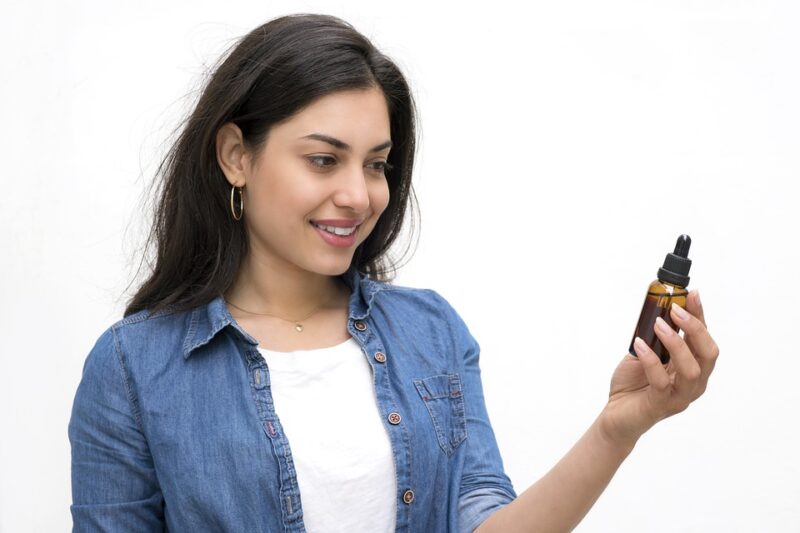
Whereas the EU has set the level of THC at 0.2% for CBD products, marijuana and cannabis laws can generally vary on a country-to-country basis.
And while the majority of countries in Europe tend to have a more liberal approach to the use of CBD, others can be stricter with a few deciding to impose an outright ban.
While Slovakia has a ban on CBD altogether and is currently the only European country where it is completely illegal, Italy on the other hand has increased its tolerance from the EU-standard 0.2% to 0.6%.
In Belgium, Czech Republic and Luxembourg it’s legal to buy and use CBD products as long as they contain no more than 0.3% THC.
In Bulgaria, Croatia, Cyprus, Estonia, France, Germany, Greece, Hungary, Ireland, Latvia, Lithuania, Poland, Portugal, Romania, Slovenia and Spain CBD can be used for medicinal purposes, while in Denmark, Finland and Malta CBD can only be used alongside a doctor’s note or prescription.
And while in Austria it used to be legal to buy and sell CBD as long as the THC level was not above 0.3%, a government U-turn has now put a ban on selling CBD edibles and cosmetics. Nonetheless, it’s still not illegal to buy essential oils and aromatherapy products.
In the Netherlands, you’re not breaking any laws by carrying up to 5g of cannabis, and while CBD is legal, but CBD oil is illegal above 0.5% THC, it’s widely available to purchase across the country and is not something that is policed.
CBD in the UK

While the possession of cannabis in the UK is banned, CBD oil is legal and widely available. And despite leaving the EU as part of Brexit, the UK still follows guidance on 0.2% THC.
Even then, it’s also possible to obtain CBD oil above the 0.2% threshold for medical purposes only, granted that the individual can obtain the required paperwork.
But generally, the CBD oil sold across the UK in health stores and pharmacies will have little to no THC in them at all, and must be marketed as food supplement products rather than marketing any potential health benefits.
Though the number of countries that have approved the use of CBD is ever growing with laws and regulations changing regularly, its usage remains a grey area in other places.
As per GreenheartCBD, many countries only allow for CBD to be used for medicinal purposes only, with it often difficult to obtain the required paperwork, while other countries have a strict policy where there is a complete ban.
Countries Where CBD Is Banned
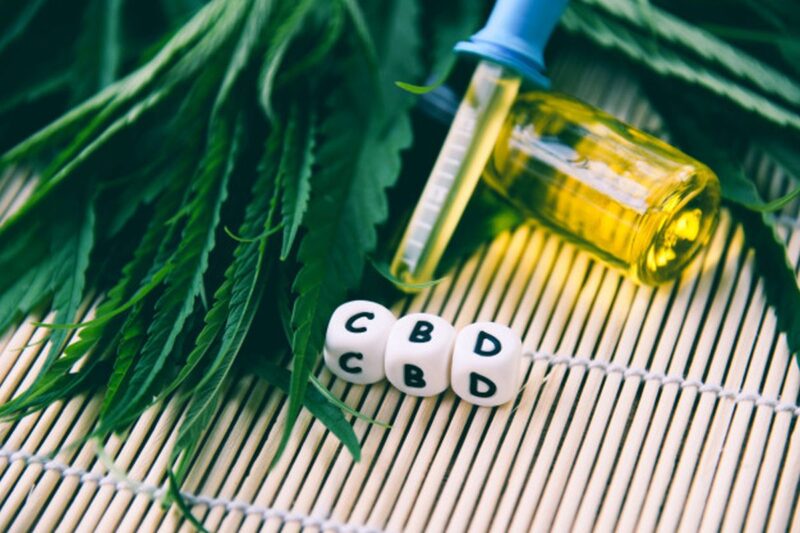
Despite the liberalization of marijuana laws in most of the western world, there are still a number of counties where marijuana is banned.
If you’re a CBD user who intends on travelling to, or even just transiting through, any of these countries, it’s advisable that you find alternative means of relief from your ailments.
Punishments for the possession of CBD can range from a slap on the risk to the death penalty, so extreme caution is advised. In Iran, for example, CBD is not treated any differently to the rest of the marijuana plant. This means that a bottle of CBD is just as illegal as an ounce of weed, and could end you with a large fine, or up to 70 lashes for a second offence.
Here is a list of the countries where CBD is banned:
- Africa (except for South Africa)
- Albania
- Andorra
- Armenia
- Belarus
- Bolivia
- Ecuador
- Guyana
- Lithuania
- The Middle East (except for Israel)
- Moldova
- Monaco
- Montenegro
- Papua New Guinea
- Republic of Georgia
- Singapore
- Slovakia
- Suriname
- Venezuela

